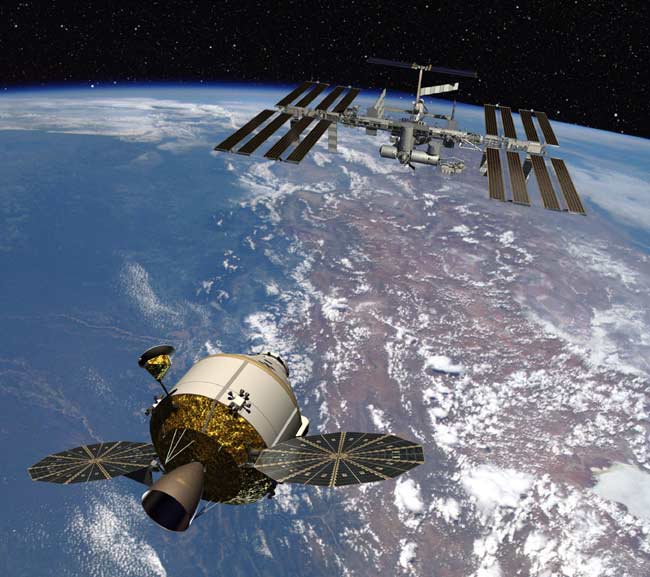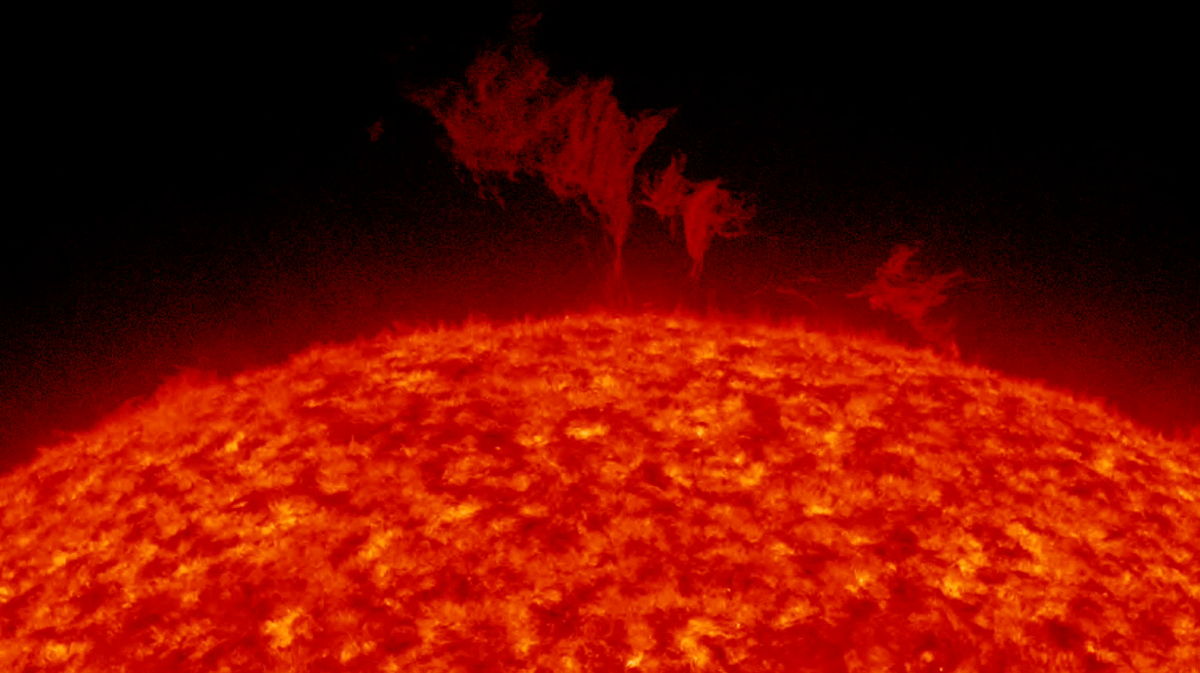Lawmakers Give NASA Moon Plan a Boost

Legislators questioned thefindings of a presidential panel reviewing whether NASA can return Americans tothe moon by 2020, taking up the issue Tuesday for the first time since thepanel submitted a summary report to the White House last week.
The report spelled out theseverity of NASA'sbudget shortfall. It said the agency needs an additional $3 billion a yearif it expects to keep on schedule the Constellation program, the set of rocketsand spacecraft that will replace the aging shuttle fleet.
But the agency's history ofinadequate funding is well known, said U.S. Rep. Gabrielle Giffords, an ArizonaDemocrat who heads a House space and aeronautics panel.
"I'm frustrated bywhat I read. In fact, I'm pretty angry," said Giffords, who is married toan astronaut.
Giffords said she expectedthe report to recommend ways to advance the Constellationprogram, in which NASA has invested several years and billions of dollars.But the presidential panel gave only "glancing attention to Constellation-- even referring to it in the past tense."
She called the options thepanel did provide "a set ofalternatives that in one sense look almost like cartoons," lackingcost or scheduling details.
Norm Augustine, thechairman of the panel, defended the summary report. During testimony before theHouse Science and Technology Committee, he reminded legislators that the WhiteHouse advised his group against making specific recommendations, but to offeronly options and alternatives.
Get the Space.com Newsletter
Breaking space news, the latest updates on rocket launches, skywatching events and more!
"You spoke as if wehave decided to stop the existing (Constellation) program," Augustine toldGiffords. "We made no such recommendation. So I respect your feelings, butI must question your facts."
Giffords wasn't the onlycommittee member disappointed by Augustine's panel.
"What we wereexpecting from your report was something that might be cheaper, or more cost-effective,and we didn't get it," said U.S. Rep. Dana Rohrabacher, R-Calif. "Iwas hoping, frankly, that we would be getting more creative alternatives ratherthan just alternatives that would leave us in the same situation -- $3 billionshort."
But Rep. Pete Olson, aTexas Republican, praised the work of Augustine's panel, saying the groupprovided Congress with a wake-up call.
"Basically, you threwcold water on our faces, and got us to look at this program realistically andsay, 'If we want to go for it, we need to develop the resources,' " hesaid.
In its summary, theAugustine panel said it doesn't expect the next-generation Ares I rocket andOrion capsule to be ready to returnastronauts into space until 2017, two years behind schedule. Another optionwould be to continue flying the space shuttle, which is scheduled to retire atthe end of next year, at a cost of at least $2.5 billion, he said.
Former NASA administratorMichael Griffin told legislators they had the power to change the direction ofthe agency.
"The last presidentdid not request the funds necessary. The one before that did not request thefunds necessary. The current president is not requesting the fundsnecessary," he said. "I believe the question for Congress will be,'Do you wish to go along with that, or not?'"
- New Video Show - NASA's Vision for Humans in Space
- Video - Back to the Moon with NASA's Constellation
- Video - NASA's Constellation Journey Begins: Part 1, Part 2
Publishedunder license from FLORIDA TODAY. Copyright ? 2009 FLORIDA TODAY. No portion ofthis material may be reproduced in any way without the written consent of FLORIDA TODAY.
Join our Space Forums to keep talking space on the latest missions, night sky and more! And if you have a news tip, correction or comment, let us know at: community@space.com.
Eun Kyung Kim is a former writer for Space.com where she contributed articles on human spaceflight, space exploration, and NASA's space shuttle program. Additionally, her work has been seen in the Washington Post, American Heart Association News, Bloomberg Government and many other publications after working as a staff reporter for The Associated Press, Gannett, the St. Louis Post-Dispatch, and the Ft. Worth Star-Telegram.









